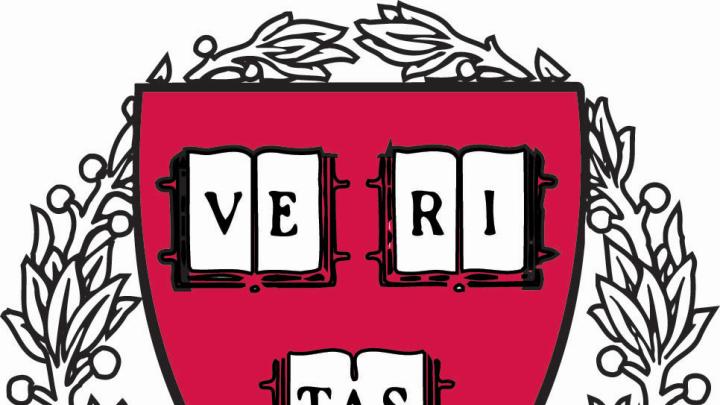The University announced today that The Harvard Campaign—launched publicly last September 21, with $2.8 billion of gifts and pledges in hand, toward a goal of $6.5 billion—had realized an additional $1.5 billion of commitments through the end of the fiscal year, June 30, 2014, having raised “more than $4.3 billion” so far. The previous update had indicated a fundraising total of $3.8 billion by the end of May, suggesting the impact of fiscal year-end and reunion giving leading up to and immediately after Commencement.
The news comes on the day before President Drew Faust will hold her year-opening conversation in Sanders Theatre, and thus comes as a very welcome background to her remarks; at last year’s event, she outlined the University’s fiscal situation in somewhat stark terms, and put the campaign into an urgent financial context.
That brisk pace of fundraising came during a period when many individual units launched their own campaign drives—the kind of focusing event that often prompts gift-giving on deadline. Among them were the Harvard School of Public Health, the Faculty of Arts and Sciences (with its associated School of Engineering and Applied Sciences), and the Radcliffe Institute, all last fall; and Harvard Divinity School, Harvard Business School, and the Harvard Kennedy School this past spring. (The University's Graduate School of Design's launch of its $110-million component took place this past weekend, and Harvard Graduate School of Education unveils its plans at the end of this week—leaving the Medical School and the Law School to begin their public fundraising later this academic year).
No details were forthcoming about results by school, the proportion of gifts for endowment versus current use, funds actually received (as opposed to pledges outstanding), professorships endowed, or other, specific ambitions.
It is thought that fundraising for financial aid—typically a popular priority—is doing well (Faust highlighted progress during a campaign briefing in New York City in May), not least because of the landmark $150-million gift from Kenneth C. Griffin ’89, announced last February, almost all of which is dedicated to undergraduate aid. Graduate- and professional-school fellowships will no doubt continue to be a priority across the University.
Fundraisers are also encouraged by cross-school leadership (with College alumni, for example, chairing other schools’ efforts, as at the Graduate School of Design) and giving, particularly by alumni of the College and Harvard Business School who are interested in education, public health, design, and so on. Faculty of Arts and Sciences’ financial reports indicated that after an initial burst of support, gifts for House renewal, always expected to present something of a challenge, in fact require continued fundraising attention, even as the work itself proceeds (see this report on Dunster House renovation). Finally, the continuing pressure on federal sponsored-research budgets suggests that the campaign focus on securing gifts for all varieties of scientific research will, if anything, intensify.
Professional fundraisers are, constitutionally, a fretful lot, concerned that past giving is no indication of future success. That said, the campaign’s alumni leaders have repeatedly expressed optimism. At the September launch event, Corporation member and campaign co-chair Paul J. Finnegan ’75, M.B.A. ’82, encouraged the crowd to “meet and beat” the $6.5-billion goal. His fellow Corporation member and co-chair Joseph J. O’Donnell ’67, M.B.A. ’71, a seasoned rainmaker, was openly confident that “we’ll exceed” the goal. At the current pace of fundraising, the campaign would need to record about $550 million annually to meet the target during the next four years—a level of giving below that reported in fiscal years 2009 and 2010 ($597 million in each year), during the height of the world financial crisis and subsequent deep recession that pummeled the stock market and the value of private-equity and hedge-fund assets from which most major gifts are made.
And if the Crimson’s account of the $350-million endowment gift to Harvard School of Public Health announced last week is accurate, that transformative act of philanthropy has not even been factored into the $4.3-billion-plus total announced this morning. In its appeal to donors and its timing, The Harvard Campaign appears to be on a formidable roll—and a record-breaking pace for higher-education fundraising that will easily exceed the annual total achieved by Stanford during its last campaign (when it crossed the billion-dollar threshold in 2012).








